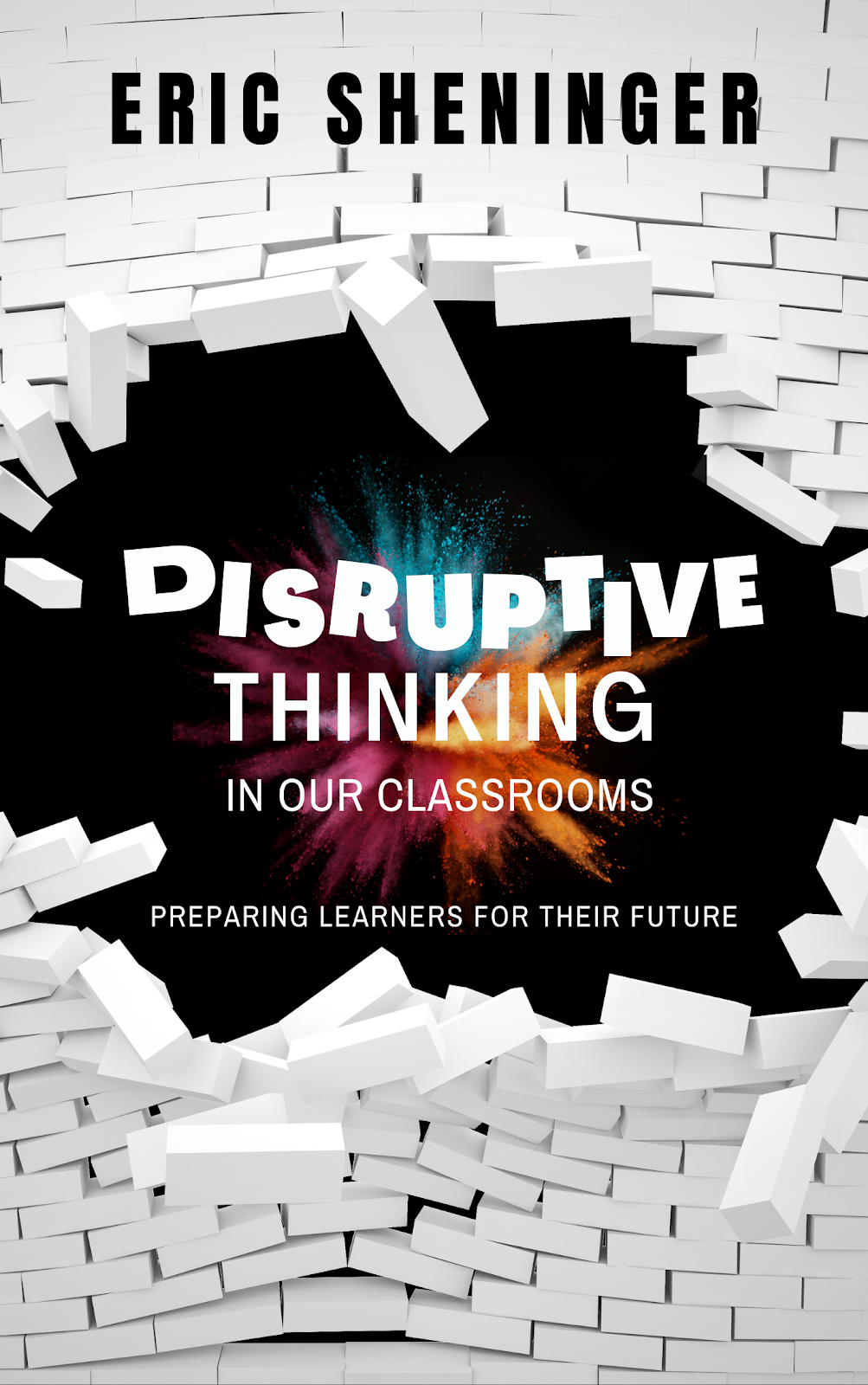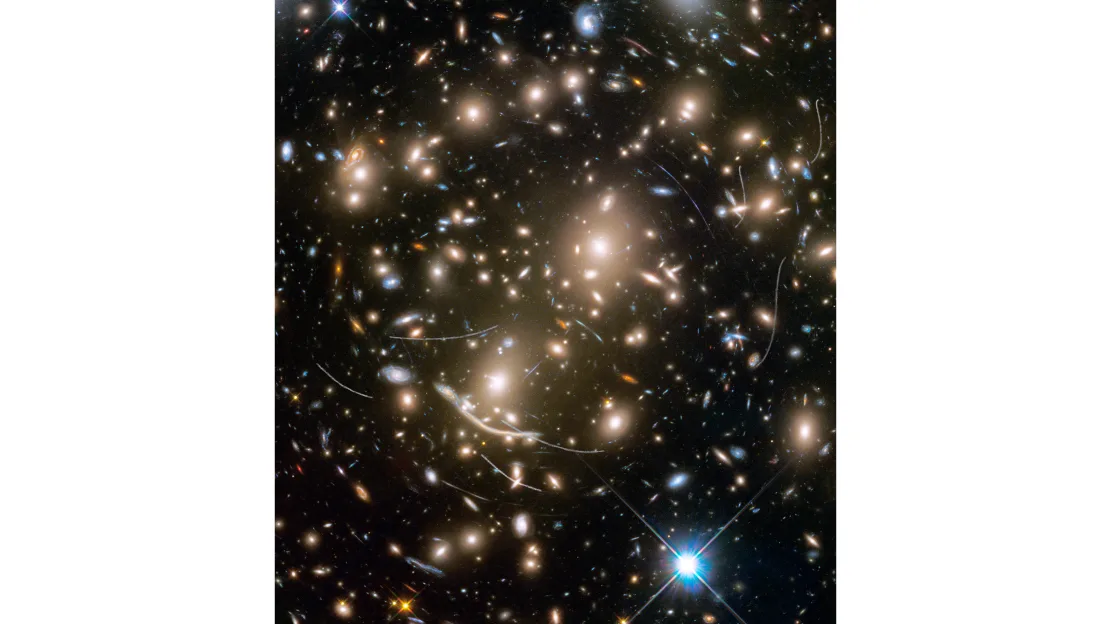Possible Preaching Themes
Possible Scientific Resources
- Isaiah speaks to the promise of blessing that comes to those whose behaviors and actions are reflective of selfless living. Acts of justice and mercy become like light in the midst of darkness.
- Jesus uses the images of salt and light to speak about a life of discipleship. Jesus offers these metaphors to describe how one can live as his disciple—Jesus seeks to make a connection between who a disciple is and what a disciple does. Our life of discipleship becomes actualized as we seek to live out the spiritual and corporal works of mercy.
- Paul preaches a bold message but does so from a place of lowliness and humility. Humility is not the same as weakness. Paul preaches Christ crucified and invites the hearers of this word into the mystery of how Jesus crucified reveals the power of God.
- Light is a form of energy that dispels darkness https://science.nasa.gov/ems/03_behaviors
- Light is a type of electromagnetic radiation visible to the human eye
- “When a light wave encounters an object, they are either transmitted, reflected, absorbed, refracted, polarized, diffracted, or scattered”
- The longer or shorter the wavelengths of light, and the particular object it hits, determines how the human eye will see the light
- Salt is a chemical compound (NaCl) that is used for flavoring and preservation. https://www.acs.org/content/acs/en/education/resources/highschool/chemmatters/past-issues/2015-2016/february-2016/salt-facts.html#:~:text=By%20Chris%20Eboch%20February%202016&text=Unfortunately%2C%20taking%20too%20much%20salt,have%20recommended%20consuming%20less%20salt.
- The over consumption of salt by human beings can have severe health challenges
- Salt is essential for every cell in the human body
- The nervous system, brain, and muscles communicate via electrical signals and sodium ions play a critical role in ensuring this system works properly
- Humility is an attribute and behavior that can be cultivated https://www.nytimes.com/2019/10/21/health/psychology-humility-pride-behavior.html
- Studying humility, as part of what has been labeled “positive” psychology, has seen growing interest in recent years (research looking at personality traits)
- In a study by Dr. Krumrei Mancuso, those scoring high for this trait of humility are less aggressive and less judgmental, even after being challenged on personal (e.g., religious) views
Homily Outline Combining Resources
Homily outline on Called to be Light (taking 1st path, above)
- Light illuminates darkness
- Think back to the last time you stood in darkness
- What were you feeling in that space?
- Fear? Calm? Peace?
- Darkness has a way of making us feel enveloped in a nothingness that we cannot see
- In absolute darkness, you cannot even see your hand in front of your face!
- Light illuminates the darkness
- Even the faintest flicker of a candle helps us see
- The brighter the light, the dimmer the darkness
- An overabundance of light can force us to turn our eyes away
- Think back to the last time you stood in darkness
- Light reflects, absorbs, scatters
- Light reflects https://www.sciencelearn.org.nz/resources/48-reflection-of-light
- Think of standing near still water, seeing your own reflection in the water
- Occurs when incoming light “bounces off an object”
- Reflection is caused by a combination of the size of wavelengths and the type of object receiving the light (smooth or rough)
- Light reflects at the same angle it is received
- Light absorbs https://science.nasa.gov/ems/03_behaviors
- Recall walking across a parking lot on a warm, summer day
- “Photons from incident light hit atoms and molecules and cause them to vibrate”
- Darker objects absorb more light, emitting heat known as thermal energy
- Light scatters http://www.atmo.arizona.edu/students/courselinks/spring08/atmo336s1/courses/fall13/atmo170a1s3/1S1P_stuff/scattering_of_light/scattering_of_light.html
- Scattering occurs when light bounces off an object in a variety of directions
- Molecules in the air, for example, can scatter light
- Light reflects https://www.sciencelearn.org.nz/resources/48-reflection-of-light
- Jesus says, “You are the light of the world”
- Is this just a spiritual aspiration? Or is this something we can actually live?
- Matt 5:14-16: “…No one after lighting a lamp puts it under the bushel basket…”
- Light reflects
- Jesus says, “I am the light of the world” (John 8:12)
- As followers of Jesus, we are called to reflect his light in the world
- We become a reflection, an imitation of Jesus
- Are we open to encountering Jesus, or there still some rough parts about us that might dim the light of Christ?
- Light absorbs
- Jesus says, “You are going to have the light just a little while longer” (John 12:35)
- As followers of Jesus, we are invited to absorb the promise of life that is offered
- The more time we spend with Jesus, the more our hearts, minds, and spirits are open
- Fresh encounters with Jesus have the power to shake those parts of ourselves that need to be made new
- Light scatters
- Jesus says, “While I am in the world, I am the light of the world” (John 9:5)
- As Jesus calls believers into the Beloved Community, he entrusts them with a mission to share Good News throughout the world
- As disciples, we should never want to hold on to the Good News for ourselves
- Our mission as Church is to share light, life, and love
- Isaiah says, “Then your light shall break forth like the dawn” (Isa 58:8)
- Becoming more like Jesus, who is the light of the world, is our way of bringing hope to a hurting world
- Feeding the hungry, caring for the afflicted, housing the homeless, clothing the naked are acts of mercy and justice
- Such actions share light
- Such actions absorb pain and bring about healing
- Such actions are reflections of Jesus’ own care for the hurting
- “Then your light shall rise in the darkness, and your gloom shall become like midday” (Isa 58:10)
- Living as a reflection of the divine, we strive for holiness
- Absorbing the relentless love of God, we become more fully ourselves
- In accepting the mission to scatter God’s love, we share light in life’s darkest moments
- Each of us can reflect, absorb, and scatter light in varying degrees—a single spark can light a fire!
Related Homily Outlines
Couldn’t find what you’re looking for?
Try searching with another filter

Preaching with Sciences

Edward Foley, Capuchin
Duns Scotus Professor Emeritus of Spirituality
Professor of Liturgy and Music (retired)
Catholic Theological Union
Vice-Postulator, Cause of Blessed Solanus











